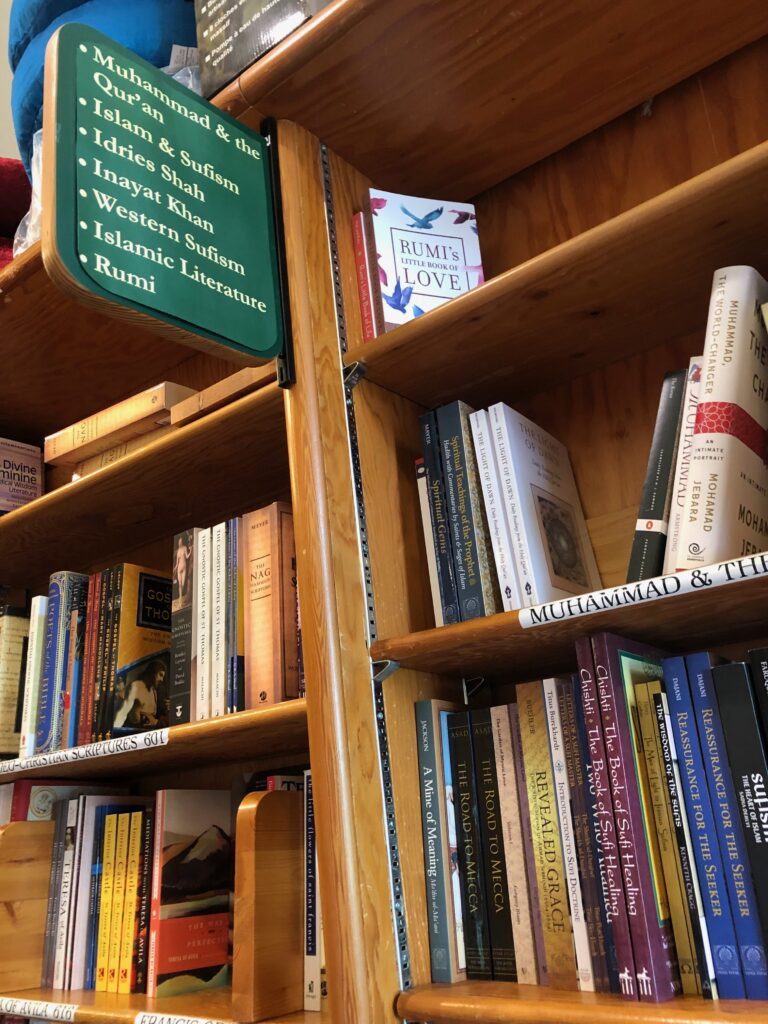By Heather D. Freeman
Scholar Plans, Fates Laugh
In my abstract for this talk, I wrote that scholars of magic and esotericism “advocate for nuanced understandings of religious, spiritual, and magical diversity,” and that these topics are relevant to diverse academic disciplines as well as lay audiences. I added that “scholars often confront stigmas stemming from religious conservatism, nationalist ideologies, and cultural biases.”
I was going to discuss how listener metrics and feedback indicated that my NEH-funded, PRX-produced podcast series Magic in the United States was doing an excellent job at sharing fascinating humanities research with large audiences. The podcast shares information on contemporary and historical magical, esoteric, and marginalized religious practices, as well as American history, sociology, and more.
It turned out, however, that Magic in the United States would become an example of why the advocacy of humanities research and religious literacy among non-academic audiences is so very important to civil society.
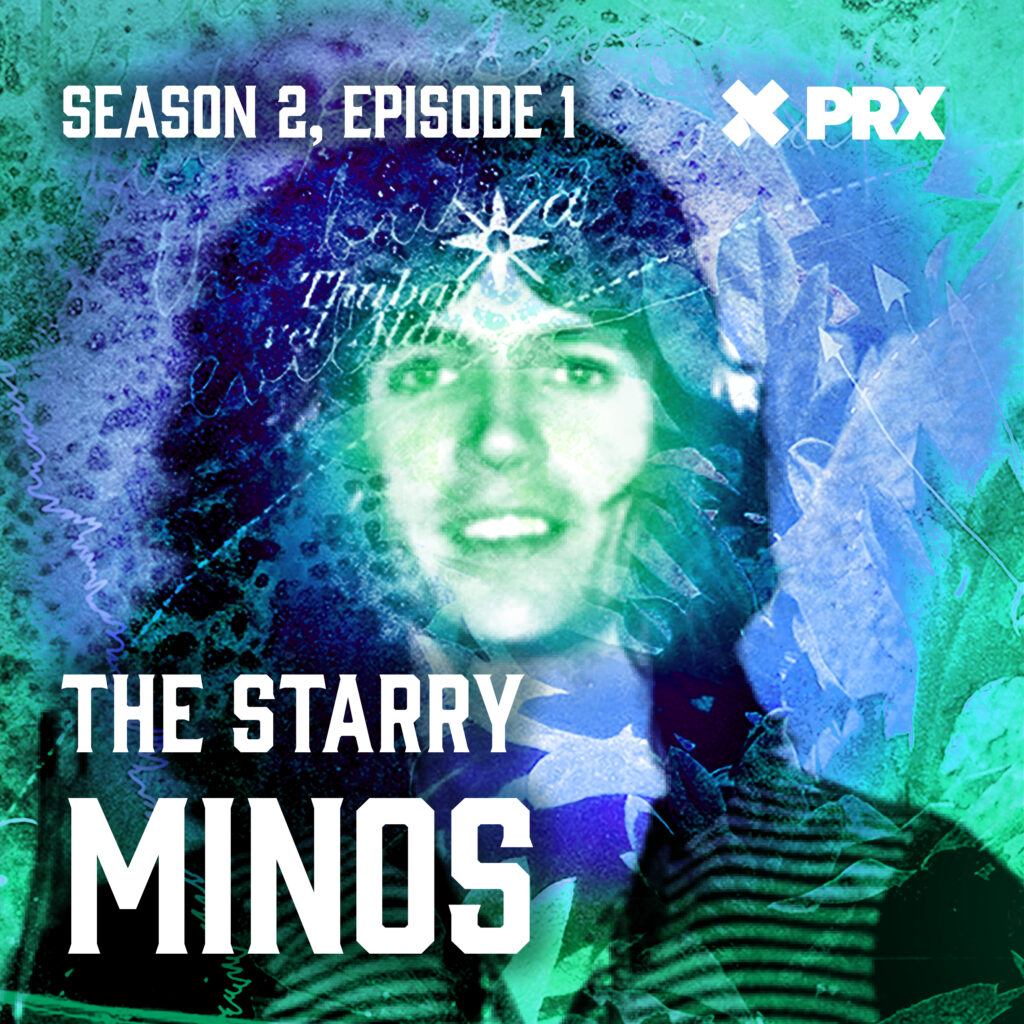
Festivus and the Restuvus
On December 22nd, 2024, Rep. Rand Paul (R-KY) released the tenth edition of his annual Festivus Report 1 on “government waste.” On page 24, Magic in the United States was cited as one such example of wasted taxpayer dollars.
From a religious studies perspective, the reference to Festivus is amusing. A 1997 episode of Seinfeld introducedthis pop-culture, secular holiday to popular audiences. 2 It’s celebrated on December 23rd as an alternative to the commercialism and social pressures of Christmas. The holiday was conceived, in fact, by Daniel O’Keefe (the father of Dan O’Keefe who co-wrote the Seinfeld episode). Interestingly, one of Daniel O’Keefe’s best-known works is his 1982 book Stolen Lightning: The Social Theory of Magic, which is “an interdisciplinary investigation of the role of magic in human societies, past and present, asserts that magic remains an important element in contemporary civilizations 3.”
That Magic in the United States was cited by a fiscally and socially conservative political report as a waste of taxpayer funding was not surprising. (It was still a little depressing because it was clear the authors hadn’t listened to a single episode.) But as hot topics go, it was a blip on the radar. It disappeared from the news in a few days.
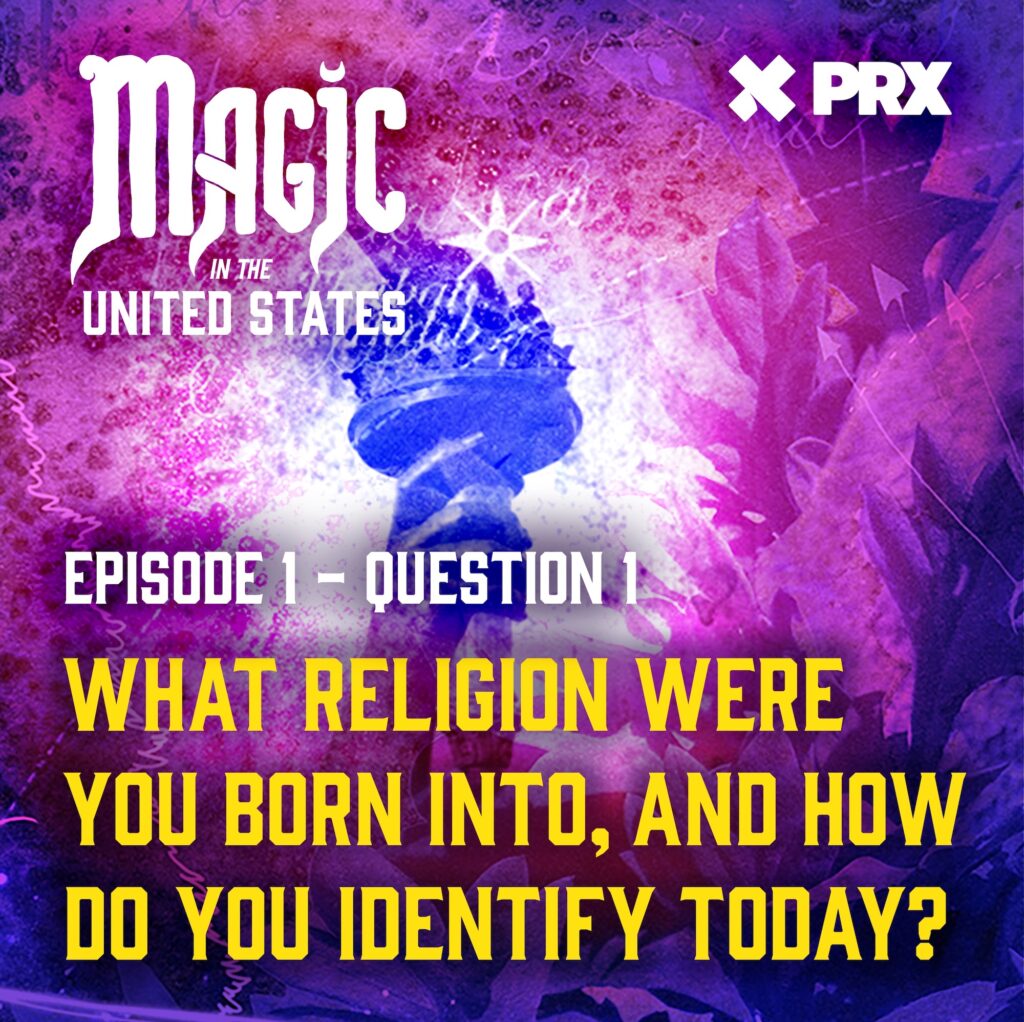
Describing ≠ “Promoting”
Then, as I was boarding my plane for Munich, and still working on my talk for CAS-E, I got an email from my college that the podcastwas in the news again.
On January 8th, The Washington Stand wrote a detailed exposé on Magic in the United States. In “Taxpayer-Funded Podcast Promotes Satanism, Paganism, and Animal Sacrifice,” author Ben Johnson’s report is lengthy and thoroughly researched. 4Unlike the 2024 Festivus Report, it is clear Johnson actually listened to the podcast series — or at least read the transcripts. However, the report falsely claims that federal funds were used to “[promote] the Church of Satan, paganism, a Cuban cult that practices animal sacrifice, astrology, an LGBT-friendly school of witchcraft, and other ‘magico-religious’ beliefs.”
The report is scathing because it objects to the very discussion of the topics that are the research areas of so many scholars and the living practices of so many others. These individuals were willing to talk to me, and to an anonymous public about their research and practices — topics that are deeply important to them. For some guests, this was an incredibly vulnerable act and a great gift to the listeners of the podcast.
But it helps to get some objective distance. First, we need to understand The Washington Stand.
This is the news outlet for the Family Research Council (FRC), which is an activist non-profit in Washington, D.C. The FRC is an overtly Evangelical Christian think tank and lobbying group and its website plainly states that their mission is to “advance faith, family, and freedom in public policy and the culture from a biblical worldview.” You can learn more about the FRC from their website and also InfluenceWatch’s report, but the FRC is listed as an anti-LGBTQ+ hate group by the Southern Poverty Law Center. 5 6 7Additionally, they’ve lobbied against reproductive civil rights, and while they claim to support ‘religious liberty’, their definition of ‘religion’ appears to exclude the majority of the globe’s practices and beliefs 8.
What’s most troubling about The Washington Stand essay is that the reporter falsely conflates speaking about a topic with promoting it. It deliberately confuses scholarly discussion with endorsement.
This is a deeply disturbing accusation.
I’m a student of history. Free speech has been a battlefield, time and again throughout history 9.
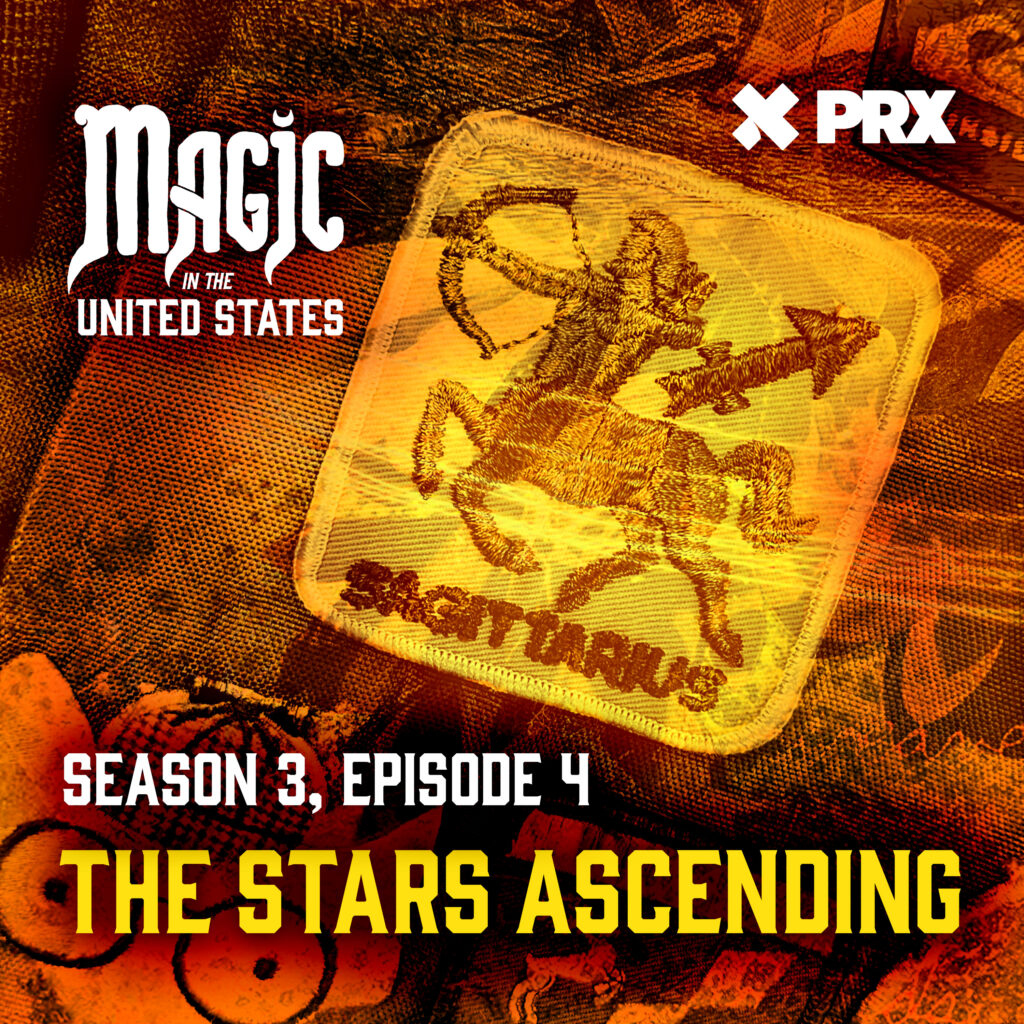
Stuck Between a Rationalist Rock and Evangelical Hard Place
Serious discussion of magic can be risky. Why?
Because in the industrialized North magic is trapped between material rationalism and the myth of disenchantment on one hand and religious fundamentalism on the other. (In the U.S., the most vocal religious fundamentalism is often Evangelical Christian, but this is not exclusively the case.) Both ‘camps’ regard their views as absolutes and value-defining. Anything contradictory is regarded as an existential threat to those worldviews. I’m sympathetic – these are world views in and of themselves, and they have every right to exist.
But (as my old social studies teacher used to say while making a fist and extending his arm towards my face) my rights end where your nose begins. This is true when talking about magical, religious, and esoteric beliefs and practices, as well.
The Truth is Often Ordinary
Scholars of magic and esotericism face significant challenges when advocating for nuanced understandings of religious, spiritual, and magical diversity. These topics are often stigmatized by religious conservatism, nationalist ideologies, and cultural biases. Communicating their relevance to academic disciplines and lay audiences alike is vital.
In Magic in the United States, we aimed to balance scholarly rigor with accessibility for lay audiences, crafting episodes that could foster understanding and tolerance for diverse beliefs. Each episode started with a broad topic, (such as initiatory Wicca or ‘manifesting’), and drilled down into a compelling story to convey the topic. We integrated perspectives from scholars and practitioners to create narratives that were informative and engaging.
And the podcast performed very well. It consistently ranked in the top 3-5% of podcasts, with episodes averaging roughly 4,000 downloads in their first seven days, a key metric. Audience growth was significant, particularly in last seasons, with standout episodes like The Seer Stone and the Prophet and Teresita. Listener feedback—both from practitioners and curious lay audiences—was overwhelmingly positive, demonstrating the podcast’s ability to reach and resonate with diverse audiences.
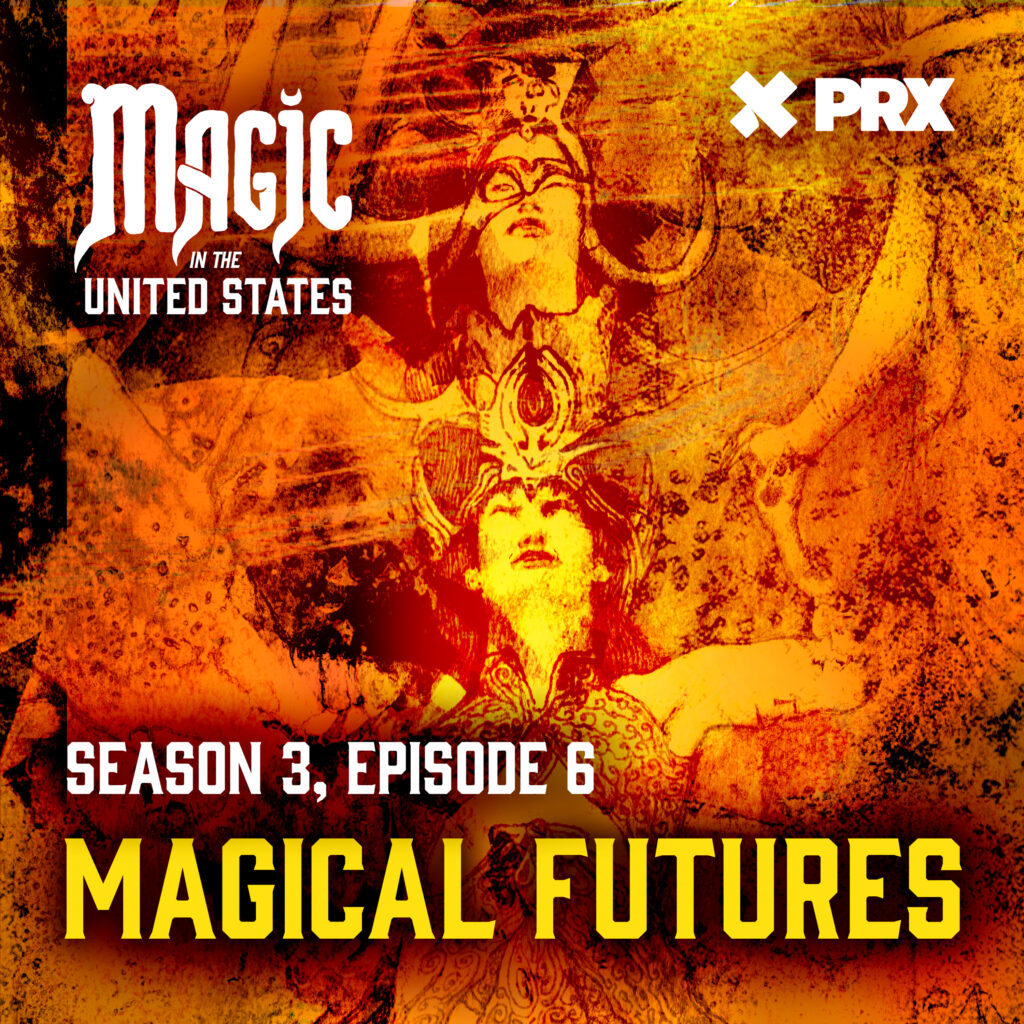
The Stakes of Silence
Academic research must reach beyond disciplinary boundaries to counter misinformation and foster understanding. Failure to communicate our research and its relevance to the daily lives or non-academic audiences leaves space for disinformation to flourish. Scholars of magic, esotericism, and religion in particular, must navigate cultural tensions while advocating for the value of their work.
We don’t need to scream into the void – we need to continue to do our research. But we also need to remember that we, as scholars, are nevertheless part of larger cultural conversations. And it is up to us to advocate for the immediate and real value of our work for society. In a time of increasing political polarization, threats to the most fragile members of society, and pressures upon freedom of speech and research – it’s intensely important for us to take up the work of research advocacy.
#
Heather D. Freeman is Professor of Digital Media at the University of North Carolina at Charlotte and host of the three-season podcast series Magic in the United States, which was funded by the NEH and produced by PRX. You can learn more about Magic in the United States and listen here: https://www.magicintheunitedstates.com/ 10.
____
All the Images are credited by ‘Magic in the United States’ episode art by Heather D. Freeman.
____
CAS-E blogs may be reprinted with the following acknowledgment: “This article was published by CAS-E on February 04th, 2025.”
The views and opinions expressed in blog posts and comments made in response to the blog posts are those of the author(s) and do not necessarily reflect the views and opinions of CAS-E, its founders, its staff, or any agent or institution affiliated with it, nor those of the institution(s) with which the author is affiliated.
- “Dr. Paul Releases 2024 ‘Festivus’ Report on Government Waste – Committee on Homeland Security & Governmental Affairs.” Senate Committee on Homeland Security and Governmental Affairs, 23 December 2024, https://www.hsgac.senate.gov/media/reps/dr-paul-releases-2024-festivus-report-on-government-waste/. Accessed 31 January 2025. [https://www.hsgac.senate.gov/wp-content/uploads/FESTIVUS-REPORT-2024.pdf] ↩︎
- O’Keefe, Dan, writer. “The Strike.” Seinfeld, season 9, episode 10, 18 December 1997. For more detail about the episode, visit https://en.wikipedia.org/wiki/The_Strike_(Seinfeld) but I recommend watching it on Netflix or other streaming service. ↩︎
- O’Keefe, Daniel Lawrence. Stolen Lightning: The Social Theory of Magic. Vintage Books, 1983. Accessed 31 January 2025. ↩︎
- Johnson, Ben. “Taxpayer-Funded Podcast Promotes Satanism, Paganism, and Animal Sacrifice.” The Washington Stand, 8 January 2025, https://washingtonstand.com/news/taxpayerfunded-podcast-promotes-satanism-paganism-and-animal-sacrifice. Accessed 31 January 2025. [https://washingtonstand.com/news/taxpayerfunded-podcast-promotes-satanism-paganism-and-animal-sacrifice] ↩︎
- FRC | Pro Marriage & Pro Life Organization in Washington DC, https://www.frc.org/. Accessed 31 January 2025. ↩︎
- “Family Research Council (FRC).” InfluenceWatch, https://www.influencewatch.org/non-profit/family-research-council-frc/. ↩︎
- “Family Research Council.” Southern Poverty Law Center, https://www.splcenter.org/resources/extremist-files/family-research-council/. Accessed 31 January 2025. ↩︎
- “Anti-LGBTQ.” Southern Poverty Law Center, https://www.splcenter.org/resources/extremist-files/anti-lgbtq/. Accessed 31 January 2025. ↩︎
- “Great Free Speech Moments of the 20th Century.” First Amendment Museum, https://firstamendmentmuseum.org/great-free-speech-moments-of-the-20th-century/. Accessed 31 January 2025. ↩︎
- Freeman, Heather. “Magic in the United States.” https://www.magicintheunitedstates.com/, writer and host, PRX, 18 episodes, October 242023 – December 17 2024. ↩︎





